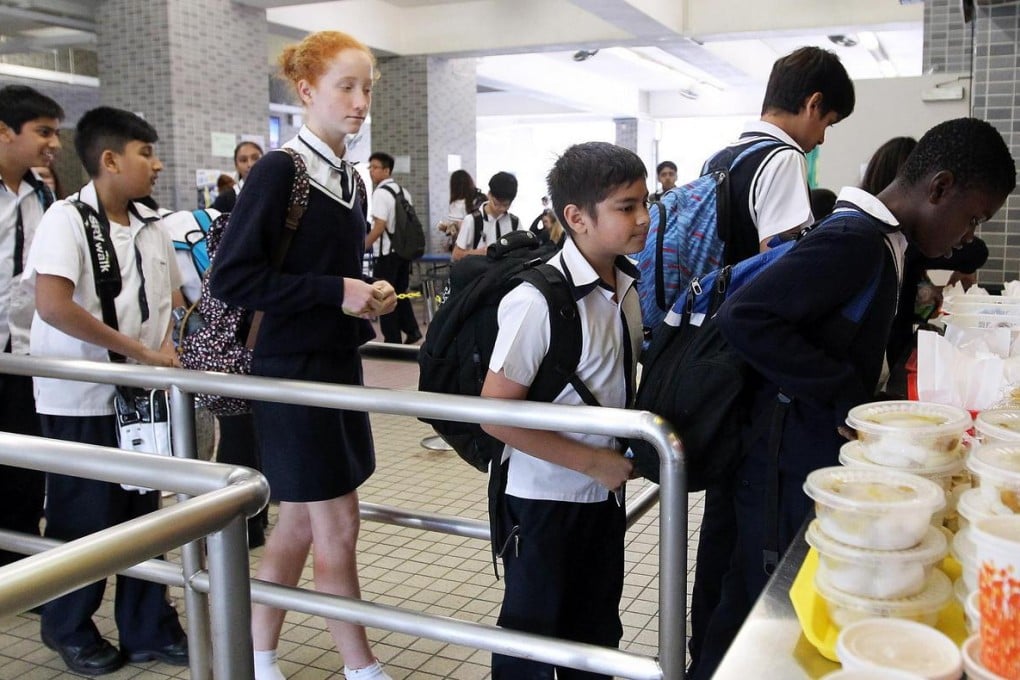Insight: schools must not discriminate against our most vulnerable children

Hong Kong's education system has received more international accolades than almost any other. It is regularly placed at the top of global studies measuring academic achievement. In tests such as the OECD's Programme for International Student Assessment, it does well in the relatively narrow gap between the high and low performers.
The city has also implemented reforms to promote a more balanced style of education and improved access to higher levels of learning for all students.
What is abhorrent is the assumption that a student that is not Chinese ... will bring problems
Yet the United Nations Committee on the Rights of the Child (UNCRC) has a different assessment. In a periodic review published last month, the committee concluded the education system was not effectively helping the most vulnerable, including children from ethnic or linguistic minorities, those with disabilities, or who live in poverty.
The phrase "persistent discrimination" was used. The committee found children that were excluded and discriminated against by teachers, and bullied by peers. The system was criticised for being so competitive that it spurred anxiety and depression disorders in students, and that it infringed on their right to play and rest.
It wants the government to do more to make education in mainstream schools more inclusive for children with special educational needs (SEN), and to end the "designated schools" system for minorities.
How does this tally with empirical data showing Hong Kong does well in catering for all students, regardless of socioeconomic background or academic ability, and that schools have received substantial funding and professional support to meet the needs of these groups?
